What are Superfoods?
There are many “superfoods” on the market today. But what exactly makes a food super? Chiefly, I believe that a superfood is packed with nutrients and minerals that our bodies need to function optimally. In this blog post, I will be discussing what superfoods are and why you should include them in your diet for optimal health!
How I chose these superfoods
Nutrient Dense
I chose superfoods that are nutrient-dense. This means that they contain a high concentration of vitamins, minerals, and antioxidants. Fat-soluble vitamins A, E, D, and K which I think we are all deficient in.
Whole Foods
I know this is a little redundant. Superfoods should be whole foods but I see a lot of lists with supplements or altered unbalanced foods and while I do believe supplements have their place they don’t belong here. I only chose foods that are whole foods. This means that they have not been processed or refined in any way.
Enzymes
enzymes are life-sustaining proteins that are found in all whole foods. They are responsible for every chemical reaction in the body, including digestion, metabolism, and detoxification. Enzymes are also a key player in the immune system.
Local availability
I also tried to select superfoods that are locally available. I believe that eating locally grown foods is important for many reasons. It’s better for the environment, the food is fresher, and it supports local farmers.
Health Benefits of eating Superfoods
Some of the benefits of eating superfoods include:
- Improve our overall health and well-being.
- Boost our immune system.
- Improve our digestion.
- Detoxify our bodies.
- Increase our energy levels.
- Improve our mood and mental state.
- Lower blood pressure and reduce the risk of heart disease
As you can see, there are many benefits to incorporating superfoods into your diet! I hope this list has inspired you to start adding some superfoods into your meals and snacks!
Without further ado, here is the whole food list you need for optimal health:
The Whole Food List You Need for Optimal Health
Pasture-Raised Eggs

Eggs are a wonderful source of protein, healthy fats, vitamins, and minerals. They are also one of the few foods that contain vitamin D. I prefer to eat my eggs semi runny in order to keep the nutrients from the yolk intact. However, you can eat them however you see fit.
Raw egg
Rocky style anyone? Consuming raw eggs is an easy way to get all the choline you need in a day. Choline is an important nutrient for cognitive function, cell membrane health, and detoxification.
Soft Boiled
Raw Grass-Fed Dairy
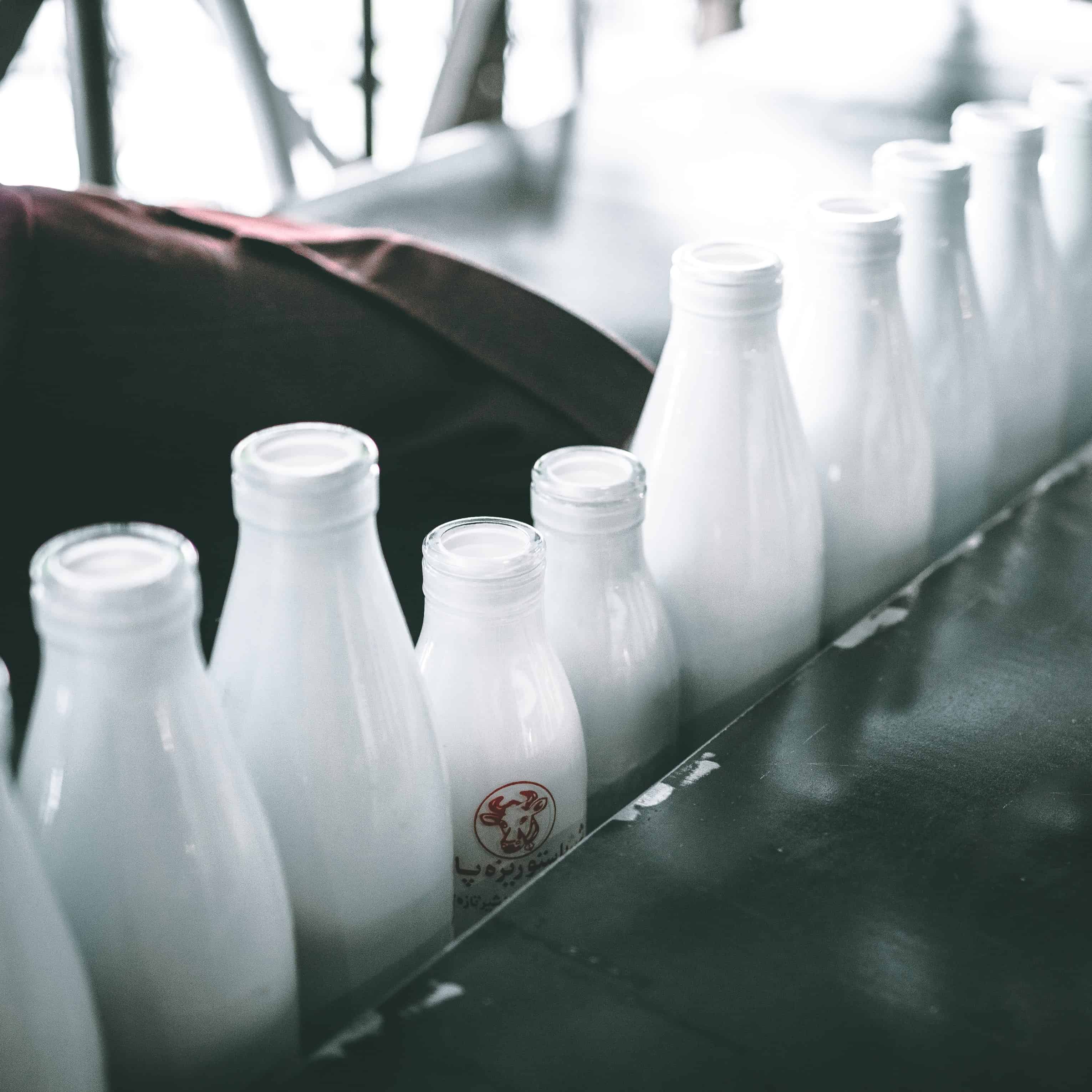
Milk, especially raw, is very controversial so you must make a decision but my grandparents grew up drinking it and they may be healthier than most people my age. It only qualifies as raw if it hasn’t been heated up above 105 F. I choose to consume it this way because I don’t tolerate conventional milk very well.
Raw Milk
Raw milk is awesome for getting probiotics, enzymes, and vitamins A, D, and K. It’s also an excellent source of calcium and protein. some people do better on different types so try Goat, Sheep, and Cow (A2).
Raw Cheese
Cheese is certainly a superfood because it’s a great source of protein, calcium, and healthy fats. It’s also easier to digest than milk because the lactose has been converted. Cheese is a great source of vitamin K.
Try Mozzarella, Swiss Cheddar, and Parmesan.
Colostrum
Colostrum is my favorite and this is why: it’s loaded with antibodies, enzymes, and growth factors that support the immune system. It’s undoubtedly great for gut health and healing. known as the first milk, colostrum is secreted from the mammary glands during the last few weeks of pregnancy and the first few days after birth.
Raw Milk Kefir
This is a fermented milk drink that’s loaded with probiotics. Secondly, Kefir is easy to make at home and it’s much cheaper than store-bought.
Raw Yogurt
Similar to kefir, yogurt is another fermented milk product that’s high in probiotics. Yogurt is specifically a great source of calcium and protein.
Raw Sour Cream
This is my favorite way to get probiotics. I love the taste and it’s so versatile. You can eat it plain, use it as a dip, or add it to recipes.
Raw Butter
Butter is a great source of healthy fats and vitamin A. Overall it’s super versatile and can be used in sweet or savory dishes.
Grass-Fed Meat
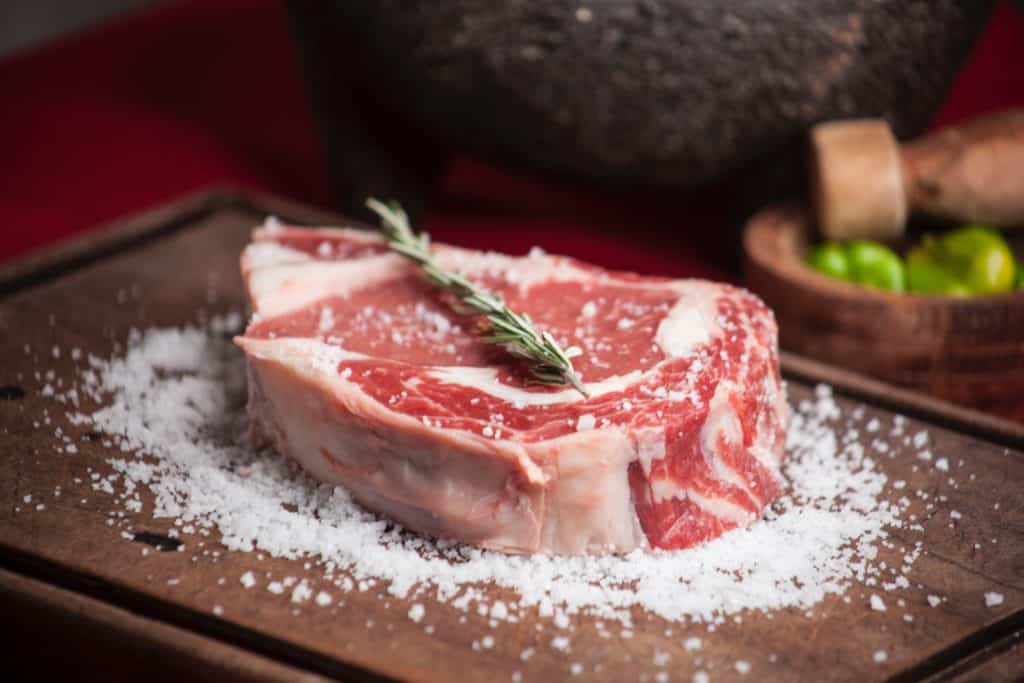
It is important to choose meat that is grass-fed and humanely raised. Grass-fed meat is higher in omega-three fatty acids, vitamins, and minerals. These animals have been allowed to live a stress-free life and roam freely which results in higher quality meat.
Red Meats
Red meats are a great source of protein, iron, and B vitamins. Further, they are also very satisfying and can help you stay full for longer.
White Meats
I think balance is always crucial which is why i include white meats like chicken. Contrary to red, they are lower in fat and calories but still provide some great nutrients like selenium and phosphorus.
Organ Meats (Liver, Heart, Kidney, etc)
Equally important, organ meats are finally getting the recognition they deserve. They are an excellent source of nutrients like iron, B vitamins, and copper. Comparatively, liver is the most nutrient-dense food on the planet.
Bone Broth
Bone broth is super healing and nourishing. It’s rich in minerals and collagen which is great for the skin, hair, nails, and gut.
Bone Marrow
Bone marrow is one of the most nutrient-dense foods on the planet. It’s a great source of healthy fats, minerals, and vitamins A, K, and D.
Wild-Caught Raw Seafood
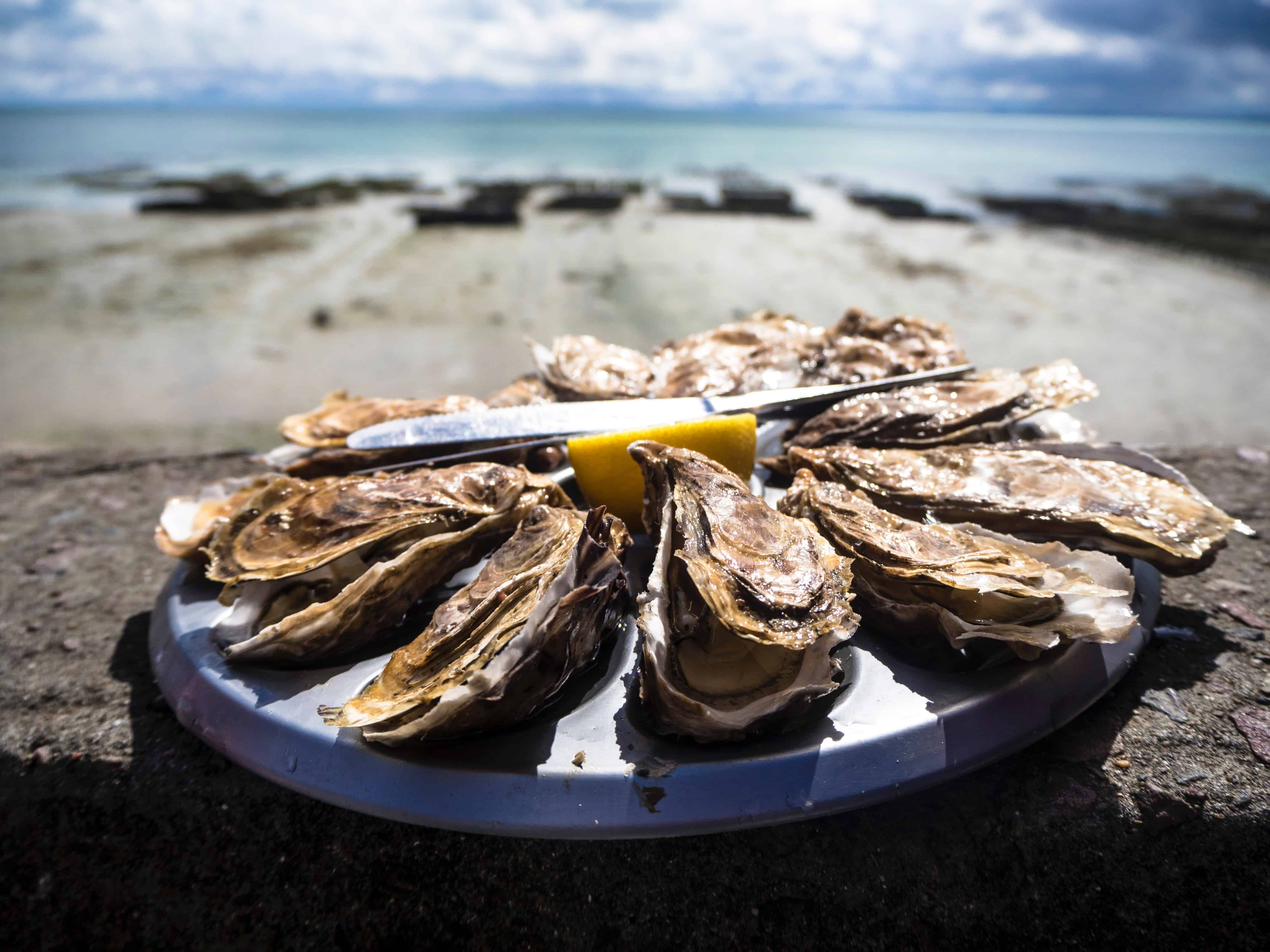
I prefer to eat all my fish as sashimi or sushi-style. This is something that I inherently liked better growing up. I love the texture and flavor of fish this way. Contrarily if you are not a fan of eating your seafood raw, that is okay too. Fish is a great source of protein, healthy fats, and omega 3 fatty acids.
Raw Oysters
Mineral-rich, oysters are an excellent source of zinc, iron, and magnesium. Additionally, they are also a great aphrodisiac. The minerals in oyster makes this food an incredible detox tool.
Raw/blued Scallops
Scallops are like white clouds of ocean water. They are super delicate and have a sweet flavor. They are a great source of protein, magnesium, manganese, and potassium.
- Haddock
- Orange Roughy
- Swordfish
- Salmon
Organic Coconut Products
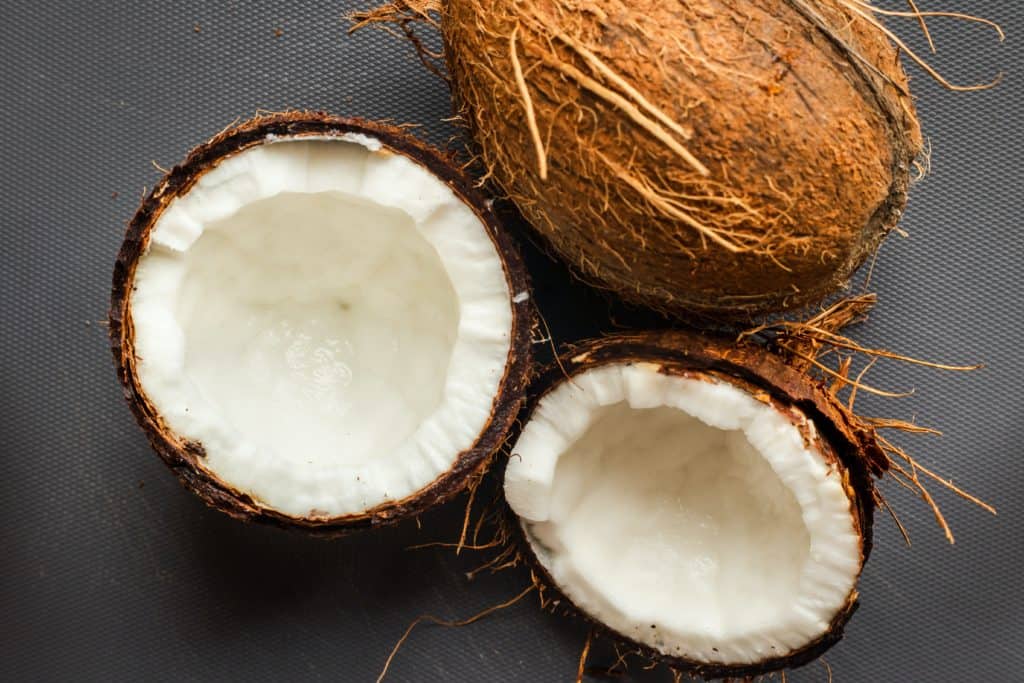
Coconut products seem to be all the rage these days and for good reason. Coconut is a great source of healthy fats that our bodies need. It is also antimicrobial, anti-inflammatory, and antibacterial.
Coconut Cream
Coconut cream is great, it’s loaded with healthy fats and is super versatile. You can use it in sweet or savory dishes, as a moisturizer, or as a hair mask.
Coconut Meat
Coconut meat is a great source of fiber and vitamins C, E, and B. Many stores will sell coconut flakes which you can eat as chip replacements
Coconut Water
Coconut water is a great source of electrolytes and minerals. Not only is it super hydrating but it can help you recover from a a big workout or an intense sauna session as well. It is one of the best ways to get enough potassium in.
Raw “Unheated” Bee Products
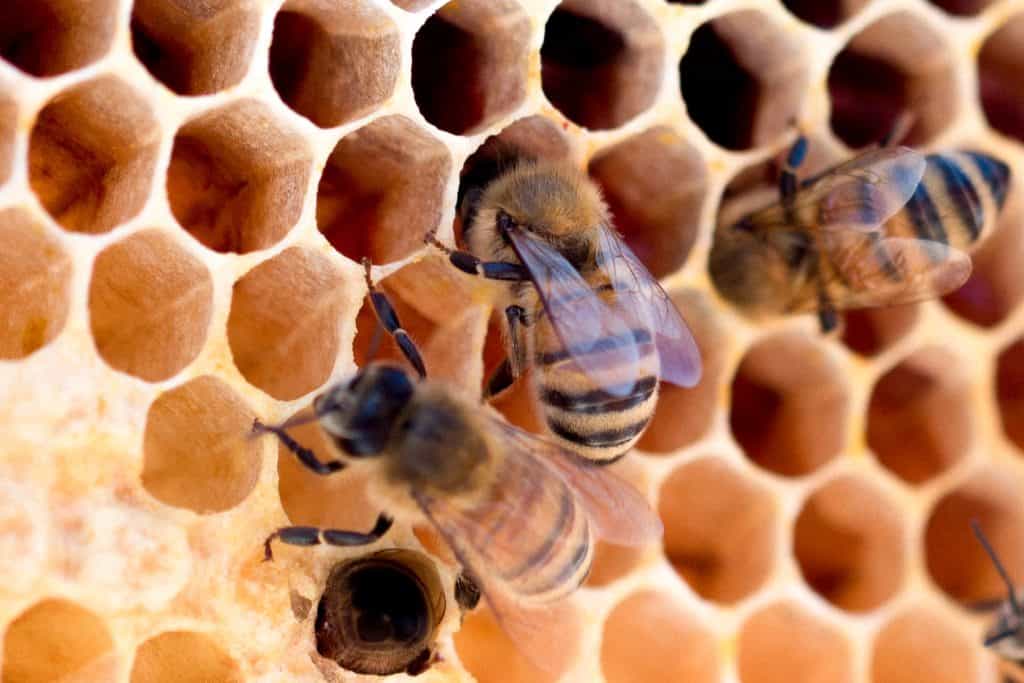
I am a huge lover of all bee products. I believe that they are some of the most nutrient-dense foods on the planet and I try to include some every day. Focus on getting local bee products as they will help with allergies (local pollen) or get started raising your own bees today.
Raw Honey
Honey is a great source of antioxidants, enzymes, and minerals. Make sure you buy honey that specifies “unheated” on the label to get the most benefit.
Royal Jelly
Royal jelly is the food that bees feed to their larvae. It is super nutrient-dense and has been shown to have anti-inflammatory, antibacterial, and antifungal properties.
Bee Pollen
Bee pollen is a great source of protein, vitamins, minerals, and antioxidants. i like to make it into bee bread or add it to smoothies.
Propolis
Propolis is a resin that bees use to repair their hive. It is super rich in antioxidants and has anti-inflammatory, antibacterial, and antifungal properties.
Manuka Honey
Manuka honey is a type of honey that is produced in New Zealand by bees that pollinate the Manuka tree. The Manuka tree is a native tree to New Zealand and has been used for centuries by the Maori people for its medicinal properties
Related: Best Manuka honey products on the market
Organic Fruits
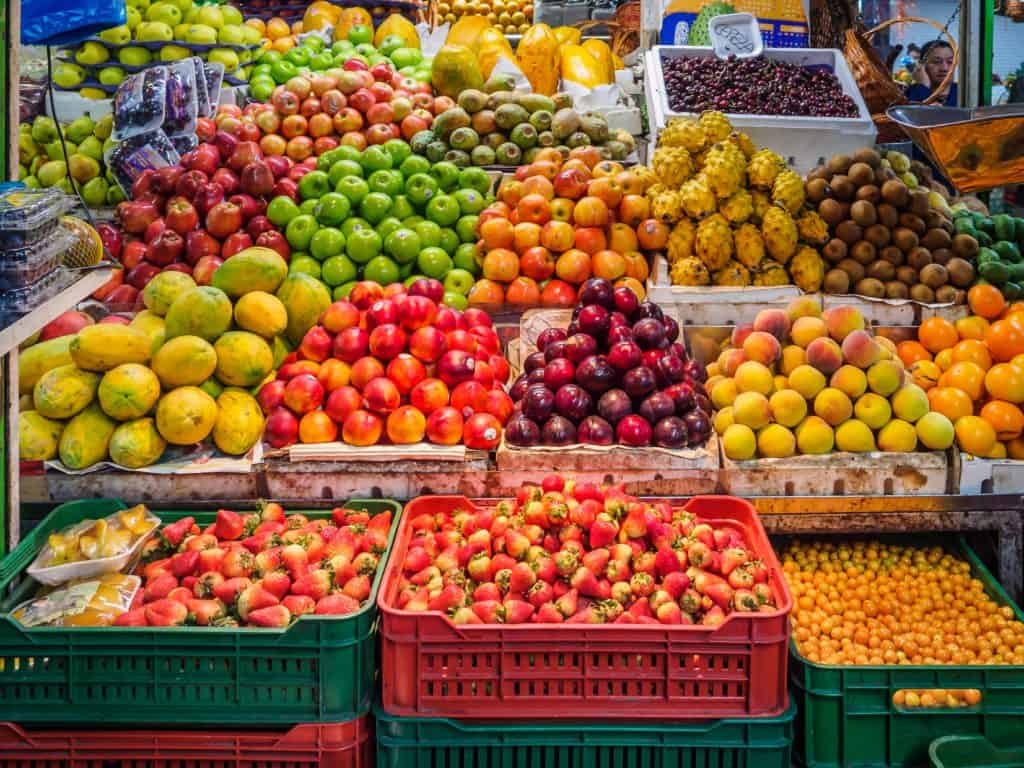
There’s been a lot of hate on sugar in the last 30 years but I think that fruit gets a bad rap. Fruit is a great source of vitamins, minerals, and antioxidants. Of course, it’s also super hydrating and should be added to everyone’s diet. Vitamin c alone is a good enough reason to add a piece every day.
- Apples
- Pomegranates
- Blueberries
- Kiwi
- Oranges
- Papaya
- Pineapples
- Limes
- Lemons
- Avocados
Starch
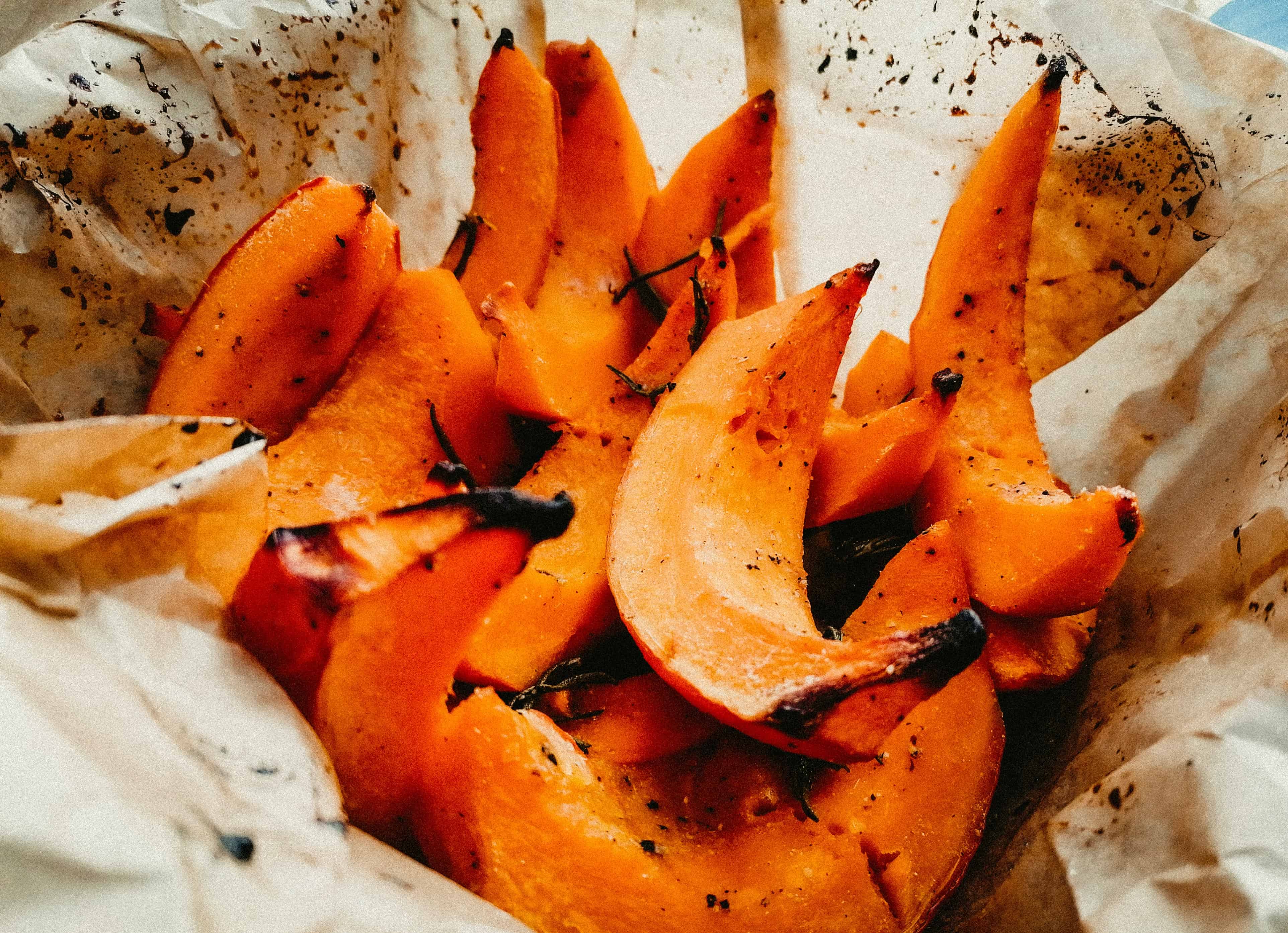
Potatoes
Potatoes are super starchy and are a great source of energy. They are also a good source of vitamins C and B, potassium, and fiber.
Yams/Sweet potatoes
Made popular in Asia, yams and sweet potatoes are a great source of energy. Additionally, they are also a good source of vitamins C and B
FAQ’s
What is the #1 superfood?
While many of the foods listed above have fantastic health benefits I believe that Liver is the #1 superfood. Liver is an excellent source of protein, vitamins A, D, E, and K, and minerals like iron and copper.
Where are the dark green leafy vegetables!!?!!?
I don’t hate leafy greens but there is quite a bit of information out there showing that vegetables may not be your friends due to their defense mechanisms. This is why I wouldn’t recommend a diet built on all greens/vegetables as I believe hunter-gatherers wouldn’t have chosen these over a fresh rabbit. They seem more like a garnish for dishes or food during a famine.
How do superfoods decrease the risk of heart disease?
Superfoods are packed with nutrients that help to keep our bodies healthy and functioning optimally. When our bodies are working optimally, we are less likely to experience chronic diseases like heart disease. superfoods can help to reduce inflammation, improve cholesterol levels, and regulate blood pressure.
What is the best way to incorporate superfoods into your diet?
I would start slow, and add a few per week. Grab some Superfoods and add them to your smoothies, juices, salads, soups, and more. Furthermore, you can also get creative and use superfoods in DIY beauty products or as a natural home remedy.
Wrap up
There you have it, my superfood list. I hope you found this helpful and that you’ll start incorporating some of these foods into your diet. If you have any questions, feel free to reach out to me. Thanks for reading!
Discover more from Maxwell Person
Subscribe to get the latest posts sent to your email.